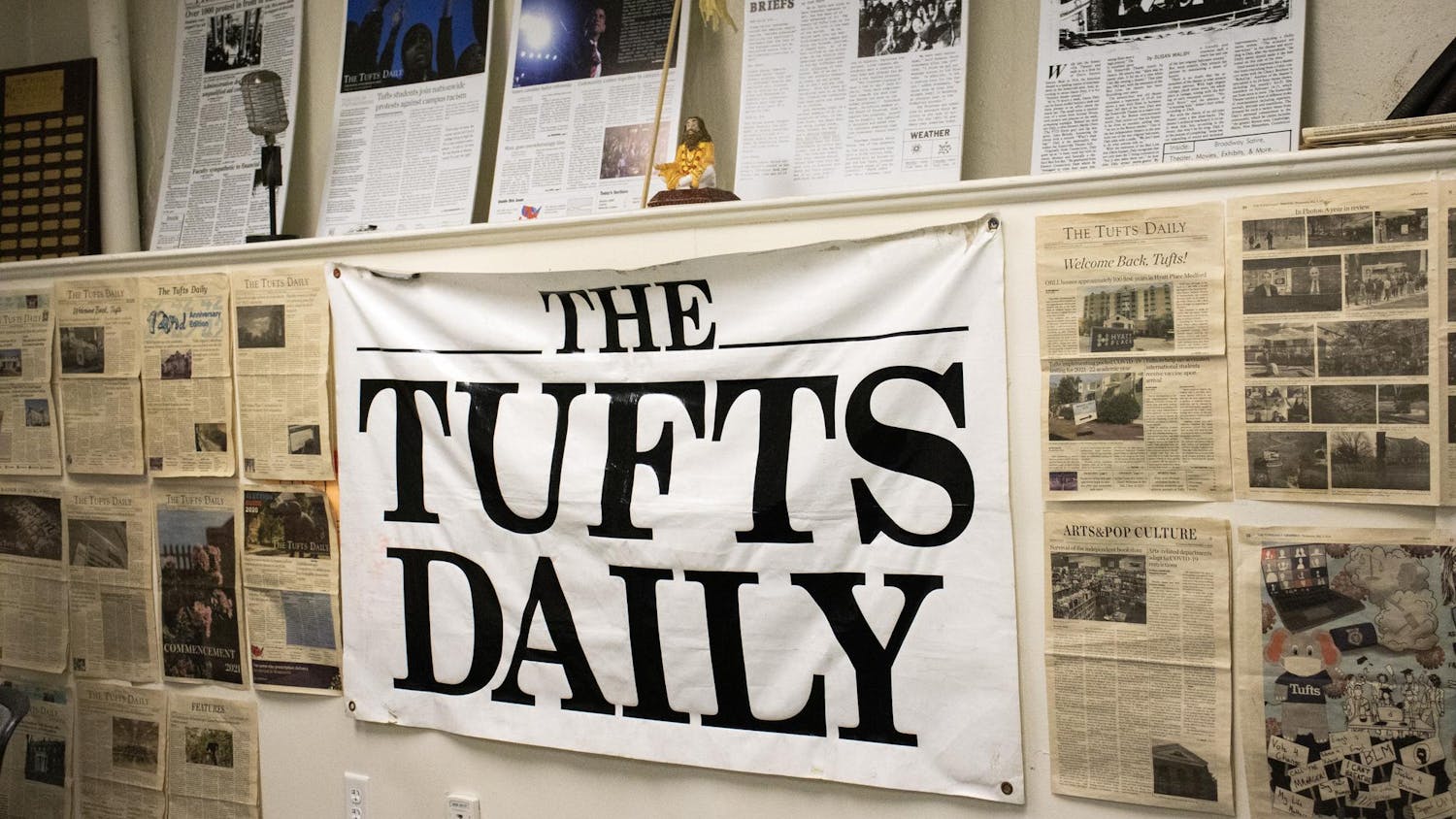Winning an award is usually a cause for celebration. Winning the Nobel Peace Prize is something else entirely: It is the recognition of efforts that are already intrinsically valuable. It means that you have dedicated your life to the progress of humanity, and that is certainly something to be proud of.
But there were no cheers raised by the Chinese government last week, when one of its own citizens, Liu Xiaobo, was awarded the Nobel Peace Prize for his work as a human rights activist. Liu has been labeled a dissenter by the Chinese government. He is currently imprisoned on subversion charges for his co-authorship of Charter 08, which called for gradual political liberalization by the Chinese Communist Party. It is hard to quantify his accomplishments — he is better described as an important figure in Chinese political culture. The Nobel Committee, in its presentation of the award, described Liu as "the foremost symbol of this struggle for human rights in China." Liu is the first prize winner to receive the honor while actually imprisoned, although Aung San Suu Kyi and Carl von Ossietzky also were awarded the prize while being held in government custody.
Of course, from the perspective of the liberal-democratic West, Liu's plight is an especially poignant one: that of a political prisoner fighting for the extension of democratic rights to all layers of Chinese society. President Barack Obama, joined by a number of Western dignitaries and ambassadors, used the occasion to call for the immediate release of the imprisoned Liu.
China, however, is a proud nation that, in response to wide-ranging criticisms of human rights violations and illiberal practices, has often highlighted the country's transformative economic growth that has lifted many out of poverty. Unsurprisingly then, the Chinese government has reacted angrily, arguing that in bestowing one of the highest international honors to an individual regarded as a criminal by his home government, the Noble Committee has questioned China's legal authority and national sovereignty.
The award was not merely recognition of a rights-defender's efforts, but also an attempt by the committee to chastise and apply pressure to the Chinese government. This is what makes the Nobel Committee's decision so contentious.
The Daily in no way questions Liu's accomplishments and the importance of his life's work. He has tirelessly campaigned for peaceful political change in China in the face of official persecution and deserves to be recognized for his courage. We do, however, feel that the committee's decision raises questions about recent trends in selecting recipients of the Nobel Peace Prize.
Is the Nobel Peace Prize subject to influence by the prevailing ideology of its committee — made up of members selected by Norwegian parliament — and as such, a means to promote Western values? If so, doesn't this inherently diminish the power and value of the award? What role does publicity and perception play in the naming of the recipient? When it comes down to it, what is the purpose of the peace prize and should it be used as a political tool?
Last year, many of these same questions were brought to the fore after Obama was named as the award winner. Compared to previous Nobel Peace Prize recipients, Obama had few concrete achievements to his name — he admitted as much himself. Many argued that the committee's decision to grant him the award was more a show of political solidarity in a time of coalitional warfare.
The Nobel Committee must have foreseen the consequences of its selection. If indeed it was seeking to advance political rights and potentially win Liu's freedom, then their decision has backfired — the Chinese government is now on the defensive and less willing to engage, while Liu's wife has since been placed under house arrest.
Liu is undeniably a divisive figure in the ongoing conversation between China and the West. Was his award part of a larger ideological war? We question his selection not on the grounds of Liu's merit, but because of the conflict it inevitably engenders.





